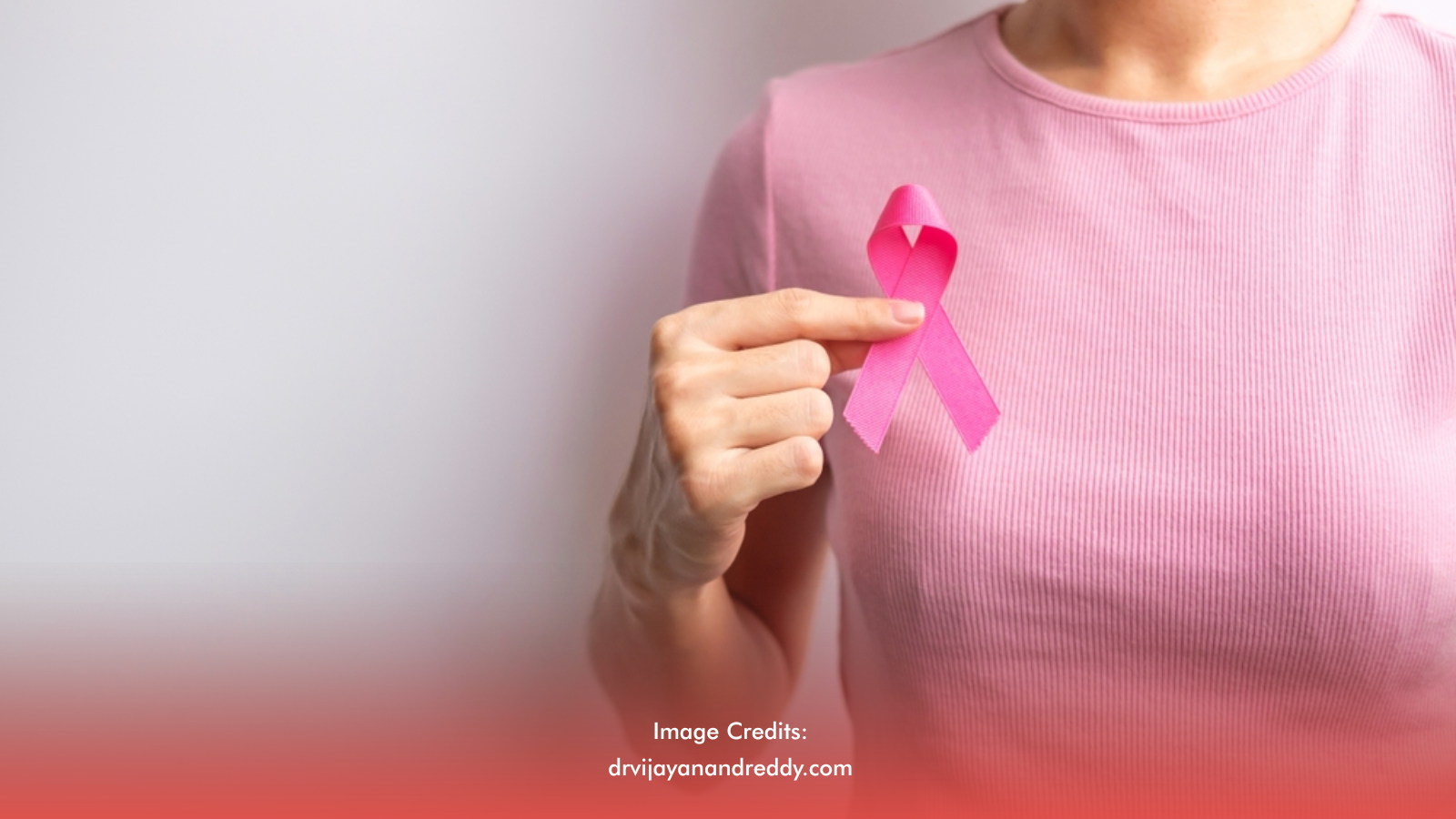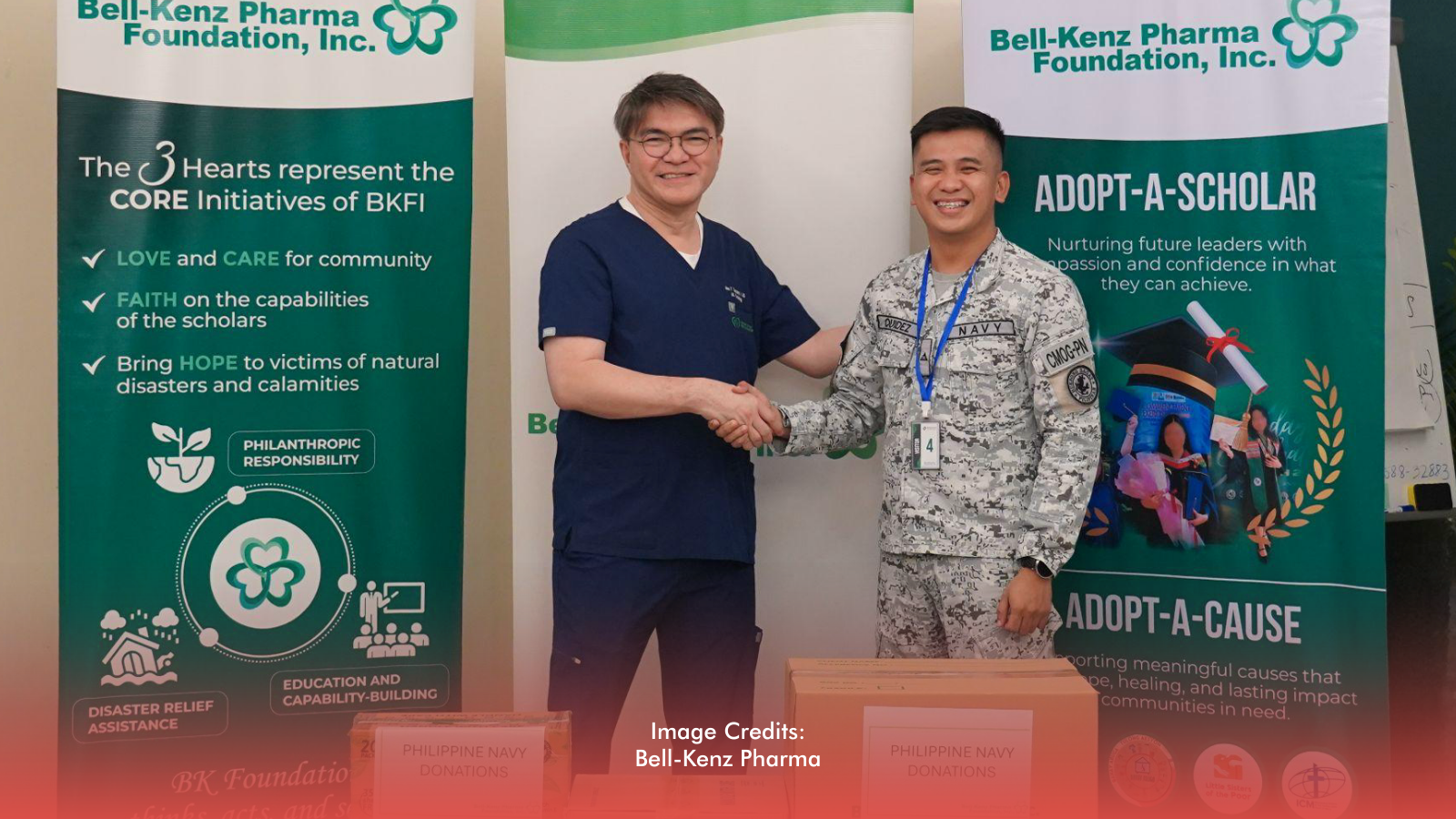Breast cancer remains one of the most treatable forms of cancer when diagnosed early. Yet in the Philippines, it continues to be the leading cancer among women, with the country recording the highest number of breast cancer-related deaths in Asia, according to Ulat Lila 2025 by the Center for Women’s Resources. About 65% of local cases are discovered only in advanced stages, when survival rates drop dramatically.
Dr. Norman San Agustin, oncologist and president of the Asian Breast Center, pointed out that misconceptions and misinformation remain major barriers to awareness and early detection. He clarified that breast trauma, bras, or deodorants do not cause cancer, stressing that hormonal exposure plays the biggest role. “Overexposure to estrogen and progesterone increases the risk,” he said, adding that women who experience early menstruation, late menopause, or delayed pregnancies are more susceptible.
While breast implants do not cause cancer, they can make early detection more difficult by obscuring mammogram results. San Agustin urged women to perform monthly self-checks and schedule annual screenings starting at age 40.
Dispelling Myths, Promoting Prevention
Experts emphasize that myths should not distract from real preventive measures. Maintaining a healthy weight, limiting alcohol, managing stress, and staying active can help lower risks, but routine screening remains the strongest defense.
Government initiatives like PhilHealth’s Konsulta Package, which offers free mammogram and ultrasound services, aim to make early detection more accessible—especially for women from low-income communities.
Legislating Hope for Cancer Patients
Awareness alone is not enough—access to care must follow. Senator Camille Villar is leading efforts to strengthen cancer support through Senate Bill No. 179, which seeks to establish a P10-billion Cancer Assistance Fund under the Department of Health. The measure will provide free medicines and treatment for indigent patients through PhilHealth-accredited hospitals.
“Health is the responsibility of the government,” Villar stressed. By improving awareness, detection, and access to care, the fight against breast cancer can finally move from survival to empowerment.








